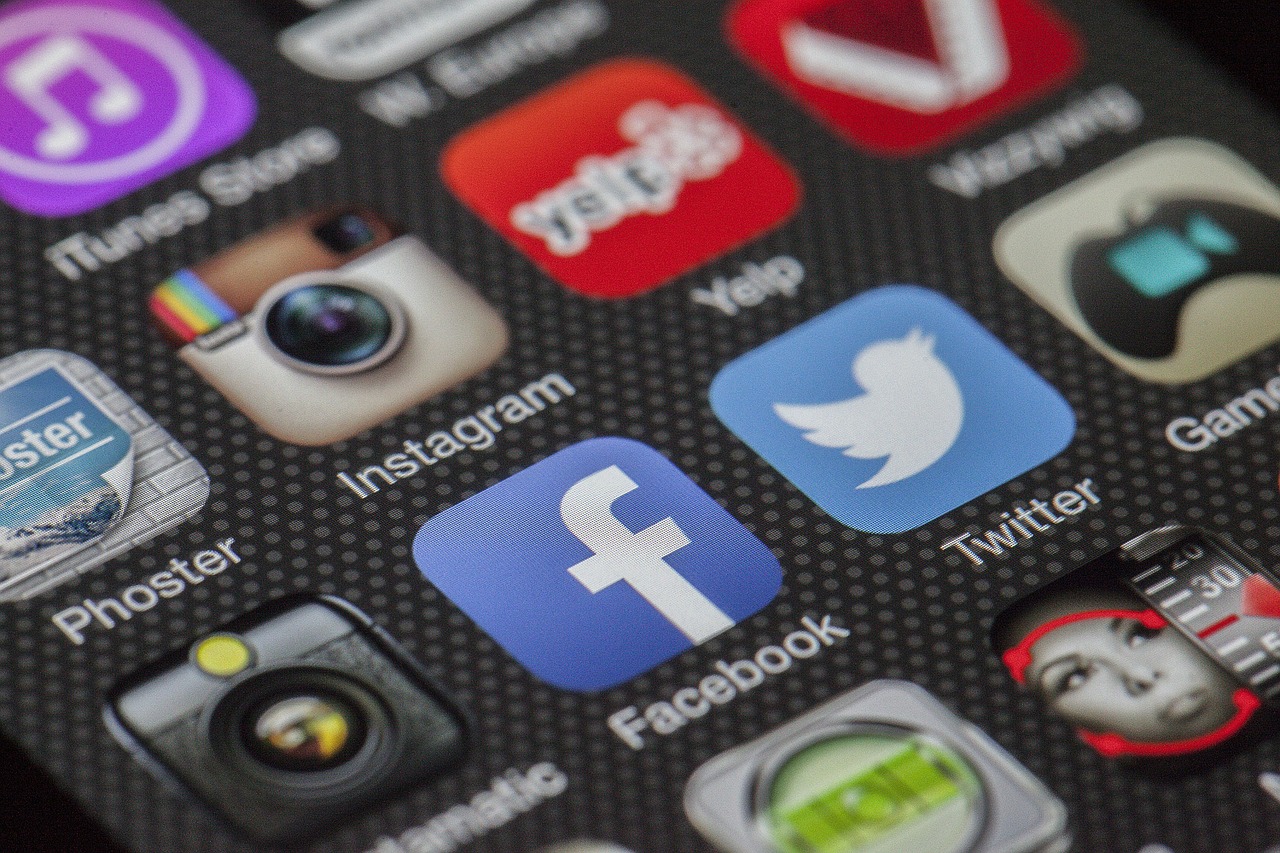Social media makes us unhappy. Or, more precisely, social media increases unhappiness for many of us. I spend a lot of time interacting with University students, many of whom are becoming aware that their use of social media is bad for them, or that smartphones are destructive influences in their lives.
Login to read more
Sign in or create a free account to access Subscriber-only content.
Topics:
